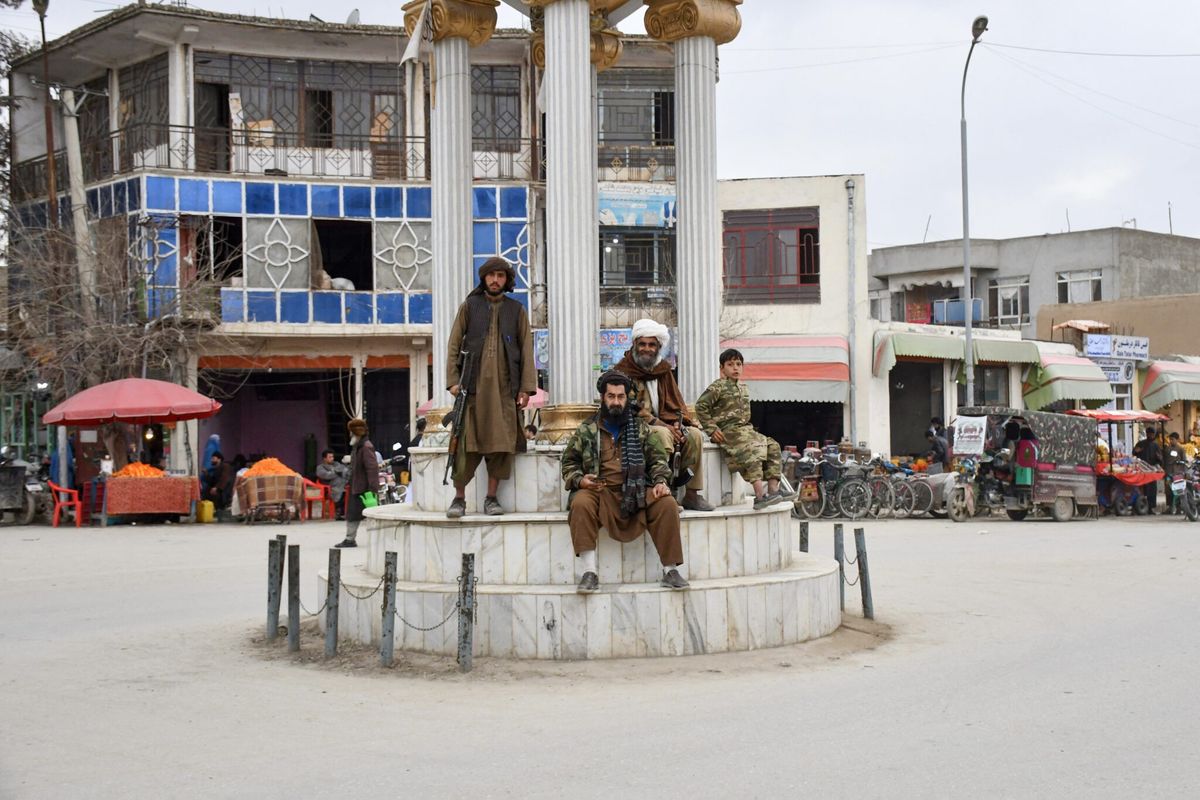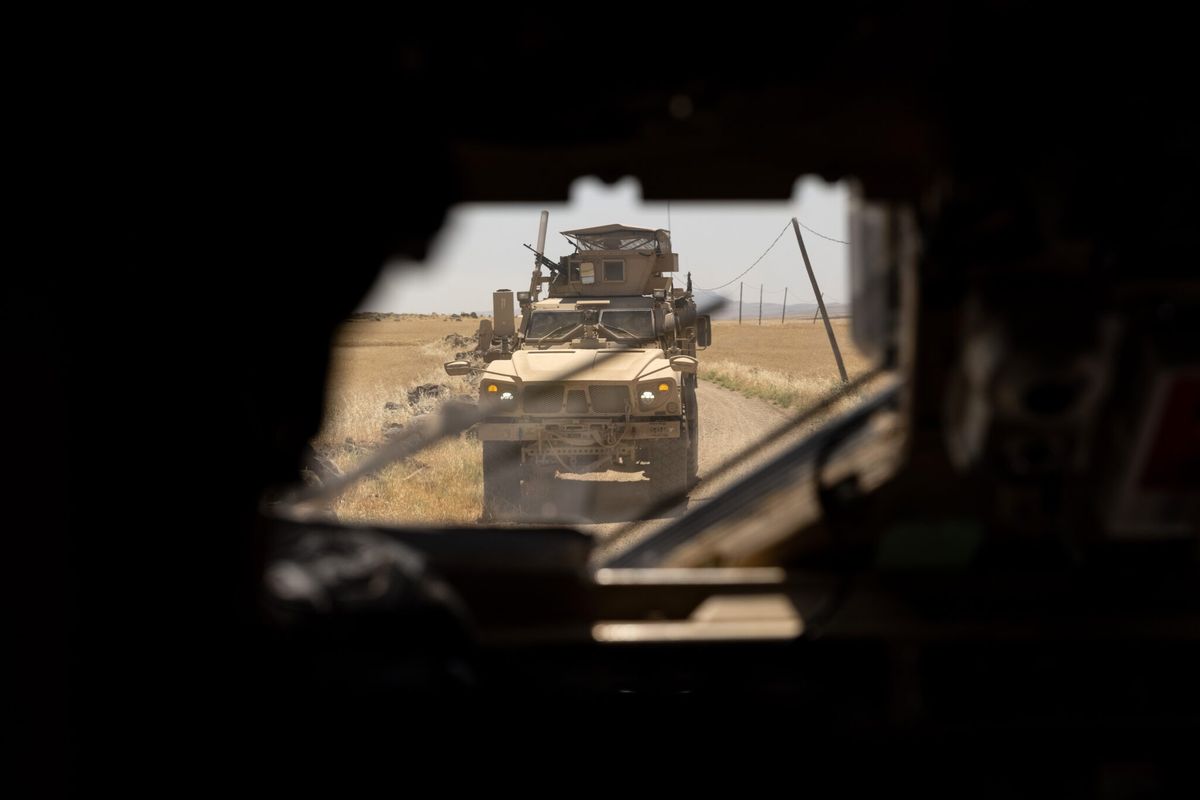Today, the United States arguably contends with one of the most complicated and dangerous “world orders” in its history. It must maintain a credible nuclear deterrence, defend against unprecedented levels of cyber warfare, compete in the militarization of space, engage in asymmetric warfare against insurgencies and terrorist groups worldwide, and maintain a force posture and technological edge against conventional threats of the increasingly aggressive and capable China and Russia.
In the face of these broad threats, the United States is also confronting a more austere defense budget and a population weary of placing U.S. boots on the ground, let alone total engagement. As a result, President Barack Obama has championed building up the capacities of allied militaries, allowing the United States to leave a lighter footprint while still actively engaging to fight its adversaries.
This security assistance approach has been geographically expansive and costly. In 2012, the United States was providing bilateral security assistance to nearly 75 percent of countries in the world, and the Administration requested just short of $10 billion for such programs for fiscal year 2013. Programs range from broad funding applied to many countries, such as Foreign Military Financing (FMF), Foreign Military Sales (FMS), and Global Peace Operations Initiative (GPOI), to those created explicitly for specific near-term challenges, such as the Afghanistan Security Forces Fund (ASFF) and Iraq Train and Equip Fund (ITEF).
While America has been building and training allied militaries for decades, a debate around the cogency of this foreign policy mechanism has unsurprisingly been thrust back into the spotlight, as our efforts in Iraq and Syria yield mixed results. Much of the civilian debate concludes with sweeping statements that U.S. security assistance has been disastrous, a waste of money, and a futile endeavor for the future. Yet, these arguments often lie upon false premises.
Building the capacity of a foreign military is just one tool in the United States’ foreign policy arsenal, not a comprehensive strategy for security. Just as educating a cache of judges in a politically unstable country does not make a democracy, training militaries does not alone produce a security apparatus to ensure security. These assistance measures do not occur in a vacuum, and their success is highly subjective to the country and region’s political and security environment. Eight years after the United States invaded Iraq, it had nearly successfully rebuilt the Iraqi Army. However, this effort was lost after the United States largely withdrew from Iraq, and Prime Minister Nuri al-Maliki politicized the army high command, rendering the military less effective.
Indeed, training foreign militaries must be part of a longer-term strategy; otherwise, the training itself is futile. There is no better current example of this than the abject failure of the United States to inject U.S. backed rebels into the Syrian war. The deployment of these fighters did not fit into a broader strategy with achievable objectives, and as such, became an extremely wasteful endeavor.
Another fallacy is the certainty with which these programs are judged. Since building up a military is one tactic in a longer-term strategy, its success cannot always be measured in tangible ways, and the benefits of such programs won’t be apparent for decades to come. Similar to the analogy of training judges and foreign militaries, both endeavors are meant to be important stepping-stones in building a stronger nation over time—meaning their success cannot always be quantified in the short-term. Moreover, measuring the success of security assistance programs is similar to our fight in countering violent extremism. If our efforts are effective, then nothing happens. The danger in this is that the better security assistance works, the less we appreciate the need for it.
Critics are right to call attention to the shortcomings and sometimes failures of our foreign military training programs, but knee jerk responses that make sweeping statements over the vainness of these programs vitally misunderstand their role. Security assistance is a critical part of our foreign policy in building partner capacity, fostering relationships with other militaries, and increasing the professionalization of these entities.
It is important we take care in designing these programs in both our allocation of resources and in the tailoring of the programs to ensure maximum effectiveness, especially as our defense budget faces increasing scrutiny. Conversations must be had over the future of security assistance programs: whether we should aim for quantity or quality, making security assistance aid more selective, ensuring there are clear objectives of the training and its role in the broader foreign policy country, and acknowledgement of the constrains and limitations inherent with such programs. Military assistance programs are important but should not be seen as quick fix to foreign policy and security challenges, especially when they seem divorced from a coherent strategy that would make clear how the assistance will further that strategy.
Whitney McNamara is a National Security Fellow at the Woodrow Wilson Center and an M.A. candidate at the Johns Hopkins School of Advanced International Studies. She spent four years working in the Middle East within local civil society organizations as a consultant, project manager, and as a journalist for multiple Middle Eastern based publications. She has also worked in the Political-Military Bureau at the Department of State and in the Office of the Secretary of Defense for Iraq policy.













